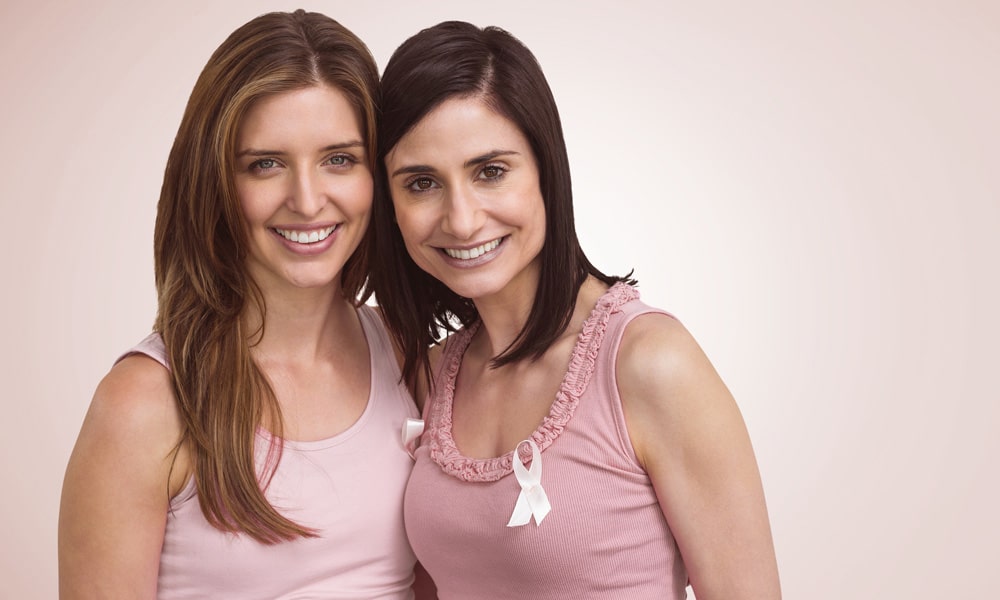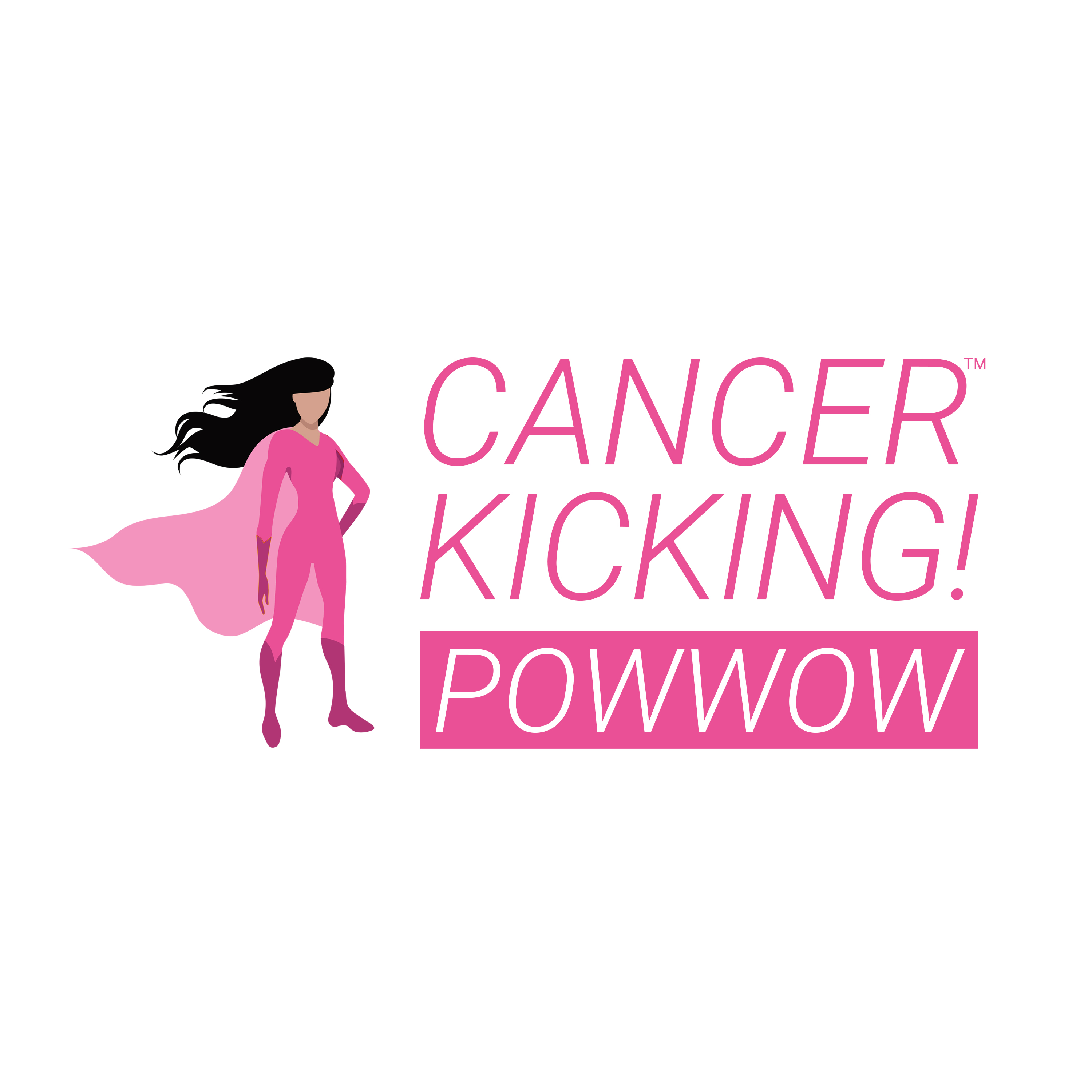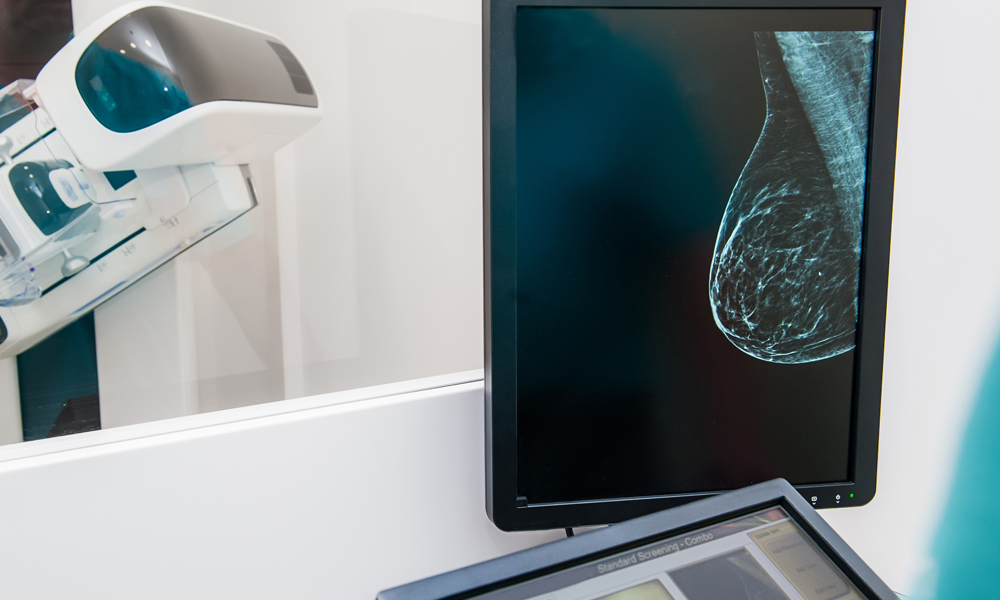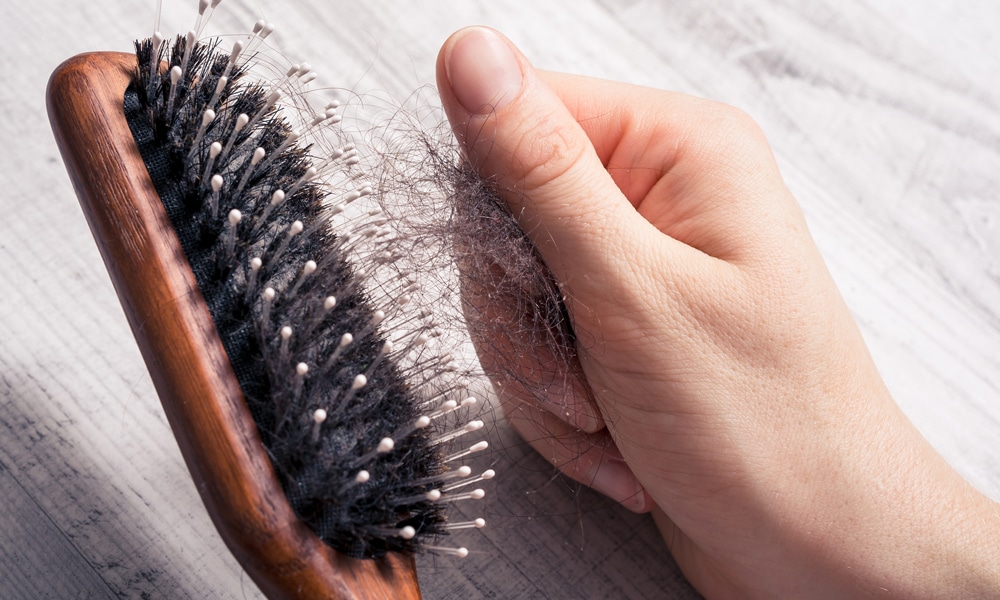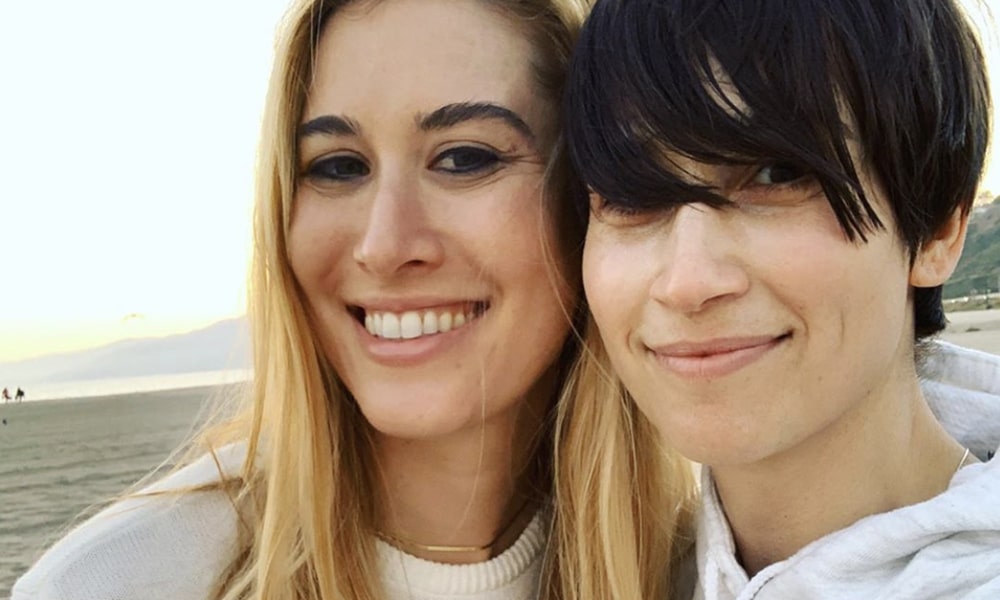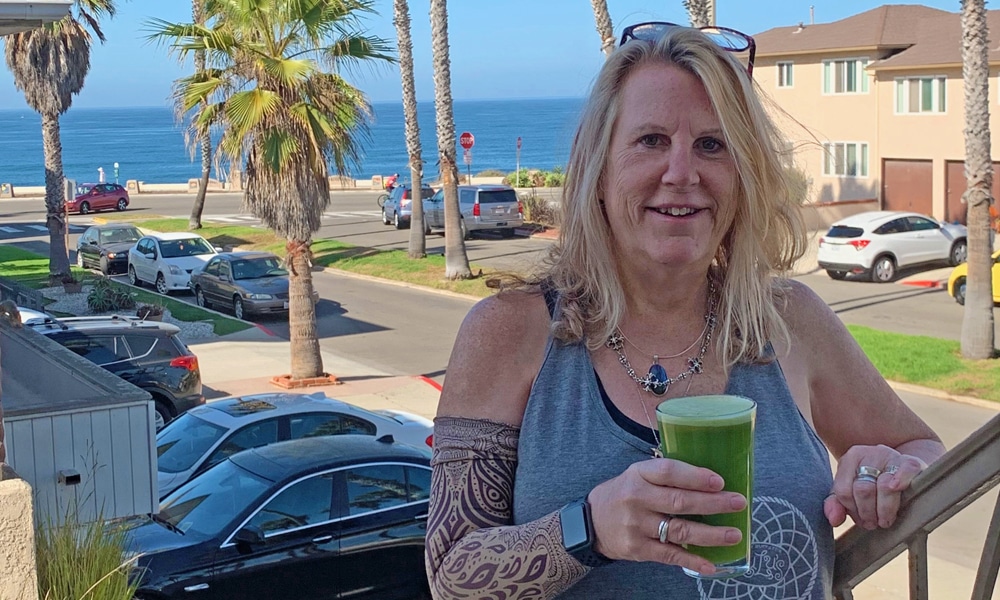When I was diagnosed with breast cancer, I immediately cried on my partner’s shoulders. It would be days before I would tell anyone else, and even then, I didn’t really know who to talk to. It wasn’t just about how I would tell someone, it was about how they would react. Many of my friends were upset and didn’t know what to say to me. In their tears, I found myself trying to be the strong one, supporting them. I also began to feel as if my cancer was something I spoke of constantly, and rightfully so, but that I was becoming a burden and a whiner. (Yes, I actually thought I was whining about my cancer.)
When I would discuss my hair loss with my friends – how much I hated it, how ugly I felt – my friends would remind me that I had more important things to worry about. “It’s only hair,” they would say. I’d smile, and tell myself not to talk about “trivial” things with my friends. Yet, losing our hair during our fight against breast cancer is something that does affect us. Yes, we know we are fighting for our lives, but it doesn’t make it any easier to go bald, gain weight and look sickly during our fight.
 We’ve been working hard on this. Add your e-mail address and we will tell you as soon as it launches.
We’ve been working hard on this. Add your e-mail address and we will tell you as soon as it launches.
A Simple Statement
One day, to make myself feel better, I went shopping. It was winter and I was wearing a knit cap given to me at the doctor’s office. The woman behind the counter at one of the stores asked if it was homemade, which it was. She then asked, politely, if I had cancer. I said yes. She shook her mane of outrageously long and curly hair piled atop her head and proudly exclaimed, “10 years cancer-free! It grows back.”
That simple statement filled my heart and comforted me. She actually knew what I was thinking because she had been in my shoes. And she was showing me the light at the end of the tunnel.
It happened again when I was in the hospital for five days with an infection. Seeing a number of doctors and nurses and feeling pretty crummy, I was wheeled into a room for an ultrasound. While waiting, I started to cry. I was tired and just wanted to feel better. The technician took one look at me and decided to share her own survival story with me. She explained she didn’t like talking about when she was sick, and didn’t make it publicly known she ever had cancer – but she could tell I was losing strength and wanted me to know I could do it. I could never thank her enough for sharing her story.
Then a friend introduced me to someone who was a year ahead of me in recovery. Two strangers, going through similar things. We understood each other and could support one another. We could talk openly about every aspect of our journey. It was relieving to speak to someone who made it through chemo, made it through reconstruction, made it through the hurt, the fear, the depression, and yes, the hair loss.
Get discounted Tier 2 tickets while they last. Watch the Summit via on-demand video from anywhere or attend in person at the breathtaking oceanfront Terranea Resort in Southern California.
Having a Cancer Buddy
Whether you are newly diagnosed and reeling from a wave of emotions, or you have stoically been dealing with cancer on your own, having someone to talk may help. The National Cancer Institute found up to 25 percent of cancer survivors deal with symptoms of depression, and another 45 percent experience anxiety. However, studies show that patients with social support are less depressed and feel less anxious than those without support. How can a buddy help?
- Ease your fears. Speaking to a survivor can lessen your fear and show you that you can make it through, too. You’ll speak to someone who made it through surgeries and all the breast cancer related struggles.
- Get a second opinion. You can learn about treatments, diet and nutrition, and other aspects of your health from someone who has been there before and perhaps has different doctors with a different approach.
- Find understanding. You’ll have a friend who understands what you are going through, because she went through it, too.
- Lessen a caregiver’s burden. My partner had to watch me be sick and take me to the doctor and hospital. He was dealing with his own issues and couldn’t help me feel better. The pain we were both going through began to put a strain on our relationship. Having someone else to talk to helped not only me, but eased some of the burden my partner was feeling as the caregiver.
- Gain a new friend. Whether you have a buddy who lives near or resides across the country, adding one more trusted friend to your life is never a bad thing!
Follow Power Up
Follow Power Up
Finding a Cancer Buddy
Understanding the benefits of having a support system, breast cancer support groups and buddies can be found locally and nationwide. Here are a few ways you can find a cancer buddy:
- Breast Buddies by Pink Lotus Power Up. At Pink Lotus Power Up, you can find a Breast Buddy simply by becoming a member and enrolling in the free program. Once enrolled, you can share as much information about yourself as you like and the system will match you up with someone who went through the same cancer type/stage, age, location, and so on.
- Your Breast Care Center Support Group. Consider joining the support group offered by your breast center and/or local hospital. You can elect to attend support group meetings for women in various stages of recovery, or inquire about buddy programs to be paired with an individual.
- The American Cancer Association. Join the Road to Recovery program through the American Cancer Society, which features breast cancer survivors as volunteers who can understand and provide support. To get connected to someone in your area, visit the American Cancer Society.
Although many breast cancer survivors find comfort in having a cancer buddy, if you find you aren’t feeling better connecting with a buddy, you may want to try meeting a different buddy. Just as with any budding friendships, some women will connect differently. Find the person in which you enjoy speaking.

